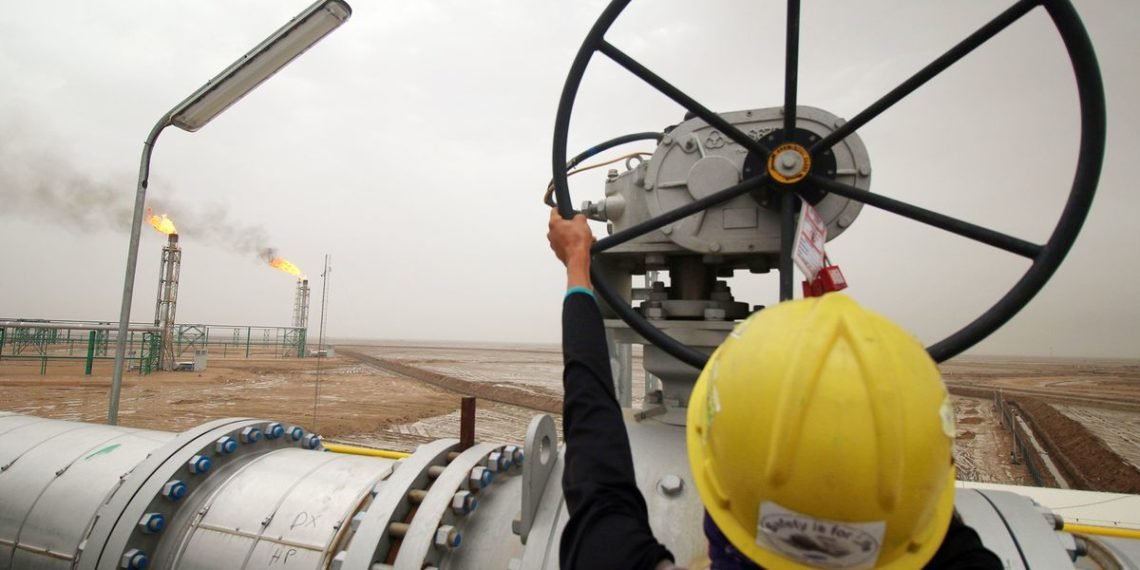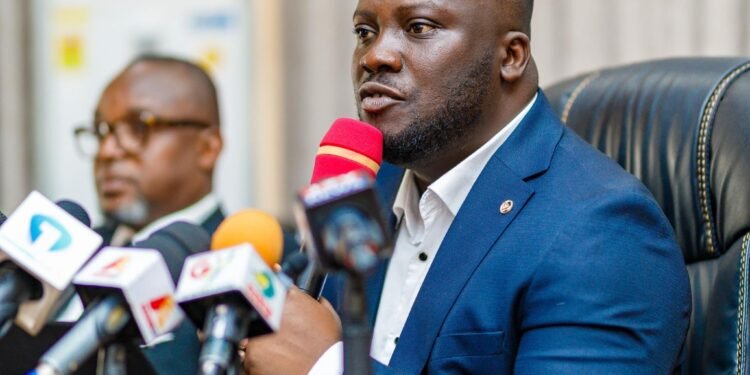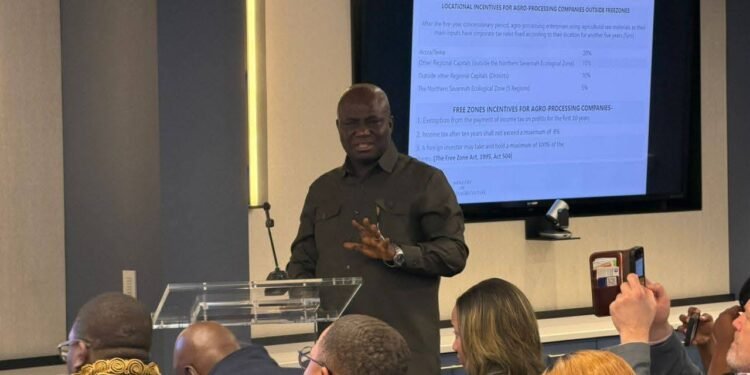The Organization of the Petroleum Exporting Countries (OPEC)’s second-biggest producer, Iraq has made its strongest commitment and is set to implement deep cuts in crude production after a decision was made by the country’s oil minister and his Saudi Arabian counterpart, who is also their Energy Minister, Prince Abdulaziz bin Salman.
This decision comes as a result of mounting pressure faced by lraq to boost its compliance in meeting oil output quotas.
According to a tanker tracking data, the country failed to meet its production cut target in May and June, and removed just 11,000 barrels a day last month.

In a joint statement issued by Iraq and Saudi Arabia, Oil Minister of Iraq, Ihsan Abdul Jabbar pledged that,
“Iraq will cut output by an extra 400,000 barrels a day in August and September. That’s on top of a previous commitment to slash 850,000 barrels a day in each month.”
The statement said that delivering these compensation cuts would assign Baghdad a target of 3.4 million barrels a day for this month and next, well below the 3.79 million as it was estimated it pumped in July.
The two ministers in the joint statement also stressed that,
“Efforts by OPEC+ countries towards meeting production cuts and the extra cuts under the compensation regime will enhance oil market stability, help accelerate the rebalancing of global oil markets and send a constructive signal to the market.”
The ministers also in the statement said that,
“They saw encouraging signs of recovery in the global economy” and commended the efforts taken by countries all over the globe to reopen their economies in a safe way.
The issuance of the statement was preceded by a Saudi-Iraqi phone call which was followed hours later by another wider conference call involving the oil ministers of United Arab Emirates, Kuwait, Oman, Bahrain, Saudi Arabia and Iraq.
The Organization of Petroleum Exporting Countries and its allies have been making record production cutbacks to offset the loss in demand caused by the coronavirus crisis. The strategy has paid off, tripling crude prices from the two-decade low struck in late April to about $45 a barrel.
However, compliance with pledged cuts has been mixed among the coalition’s 23 members, with countries like Saudi Arabia making extra cuts and others such as Iraq and Nigeria trailing in their commitments.
Iraq has chafed against the quotas set by OPEC+ over the past few years, contending that it should have remained exempted while rebuilding its economy and oil industry following decades of conflict and sanctions.
The financial strains it faces at home have been underscored again this summer, as the government’s failure to provide adequate electricity supply while temperatures hit searing records drives street protests in Baghdad.
According to OPEC delegates, the issue of poor compliance has dominated recent gatherings, and has even prompted sharp rebukes from the Saudis.























